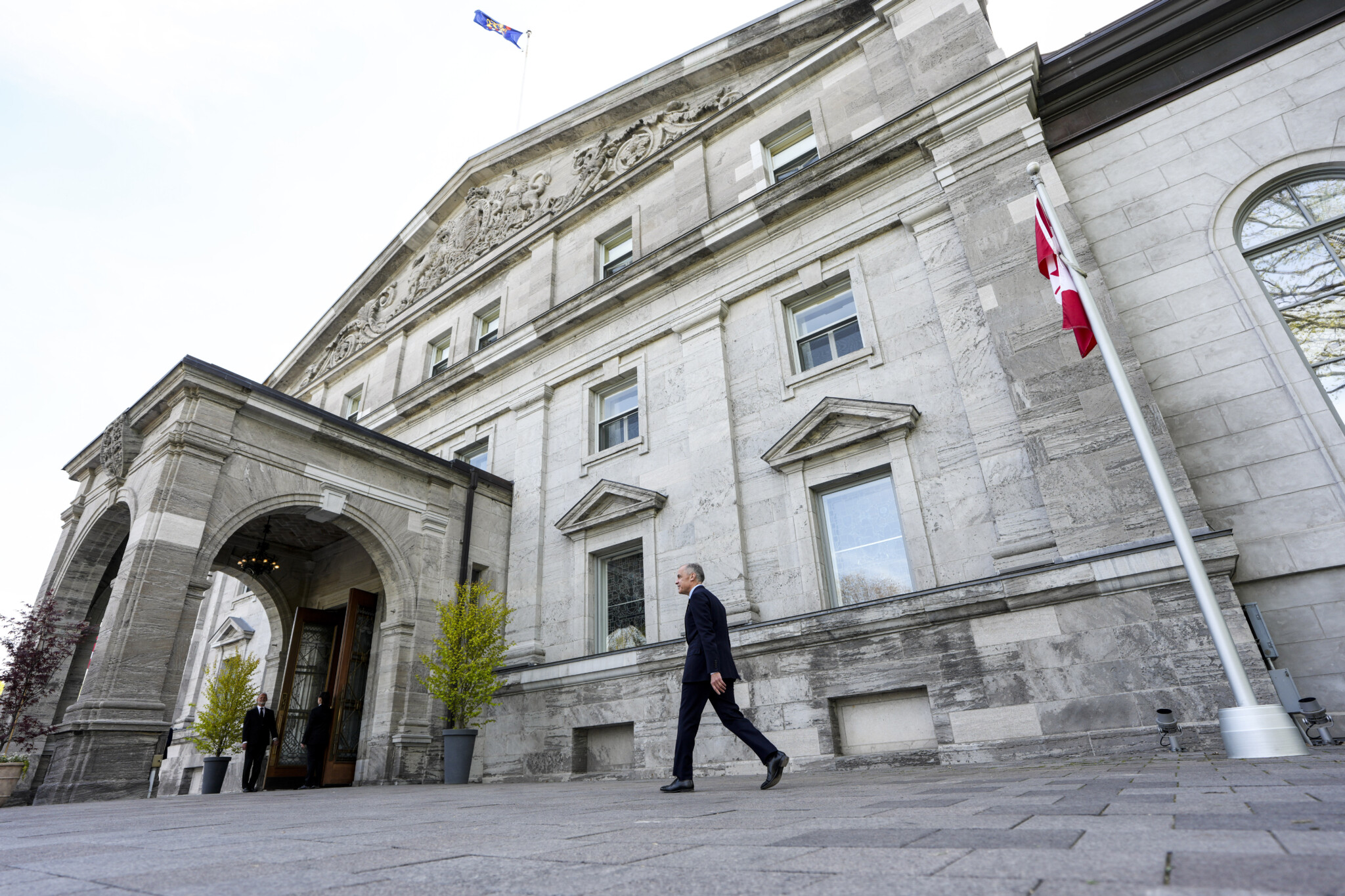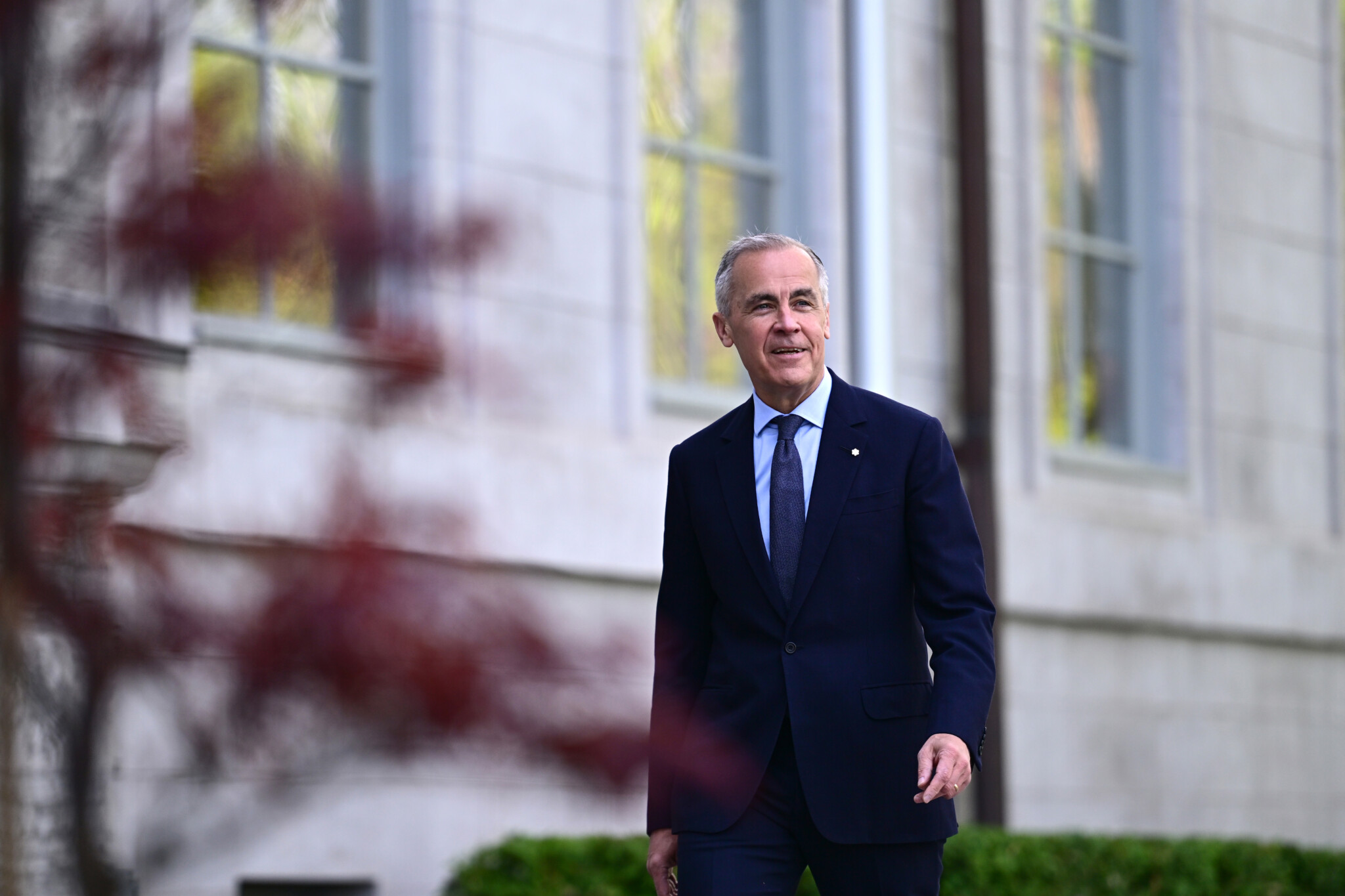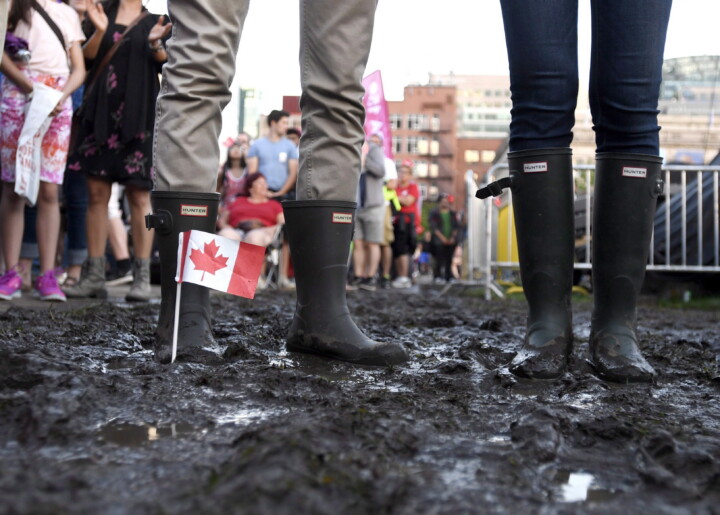In The Weekly Wrap, Sean Speer, our editor-at-large, analyses for Hub subscribers the big stories shaping politics, policy, and the economy in the week that was.
There’s a big gap between Carney’s ambition and his government’s action
Parliament returns next week under the leadership of Prime Minister Mark Carney, whose first weeks in office have been marked by a great deal of rhetorical ambition. He’s spoken passionately about a hinge moment in Canadian history and the need for the country to be big and bold. The language is lofty, but so far policy details haven’t caught up.
We’ve heard about modest tax relief, some regulatory streamlining, and vague commitments to remove interprovincial trade barriers. The government’s early fiscal signals point toward more deficit spending and debt accumulation—a policy approach more consistent with the status quo than the kind of historic change the prime minister purports to represent.
Even the recent ministerial mandate letters are thin on specifics and high on platitudes. The seven priorities that he’s set out for the cabinet read more like generalized aspirations or uncatchy slogans than a substantive policy agenda. No one is against “bringing down costs for Canadians and helping them get ahead.” But no one also knows what it means.
If Carney aspires to be a transformational prime minister, he’ll need to put forward a policy agenda that reflects the scale of his own rhetoric. That means hard choices. It means tradeoffs. And it means facing down entrenched interests—from within the bureaucracy, from among the provinces, and even from within his own party.
Tuesday’s Speech from the Throne is the government’s first big opportunity to close the gap between ambition and action. Canadians will be watching not just for vision but for some concrete details. They’ve heard the prime minister speak about change. Now they want to know what it actually entails.
Carney frequently criticized Pierre Poilievre’s slogans during the election campaign. But in the month or so since it ended, his own government has essentially been defined by slogans. The success of his prime ministership—the extent to which he proves to be transformational—will ultimately depend on how he translates these slogans into substance.

Prime Minister Mark Carney arrives for a cabinet swearing in ceremony at Rideau Hall in Ottawa, May 13, 2025. Justin Tang/The Canadian Press.
Want to grow the economy? Don’t forget about services
The Conservative Party’s announcement of a Leader’s Economic Growth Council is a promising step in the evolution of its economic policy agenda. It signals a seriousness of purpose about Canada’s underwhelming economic trajectory and the need for broader policy thinking rooted in conservative principles.
The party’s policy platform was heavily focused on the need to get back to building and making things—including homes, energy infrastructure, and manufactured goods. Resource development in particular loomed large in how the Conservatives thought and talked about Canada’s economy.









